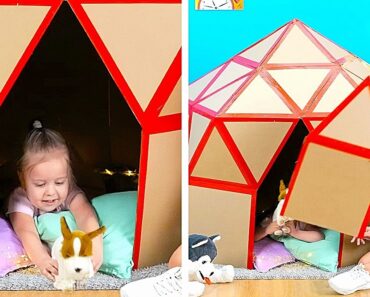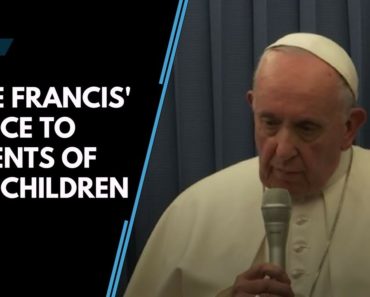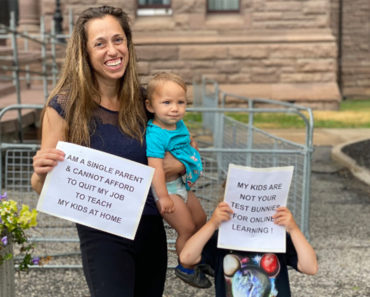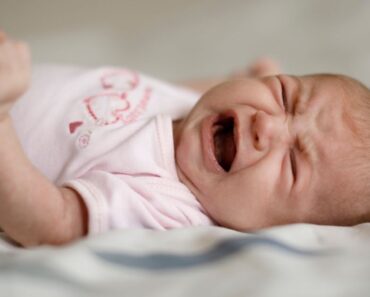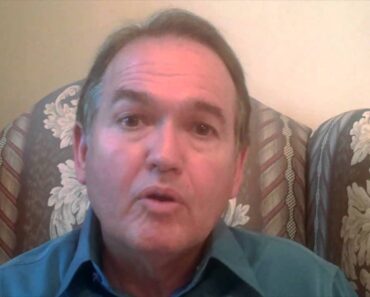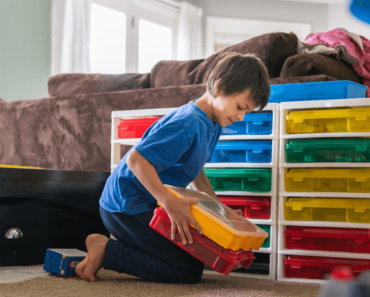I know it’s an innocent question for most people. But for me, it stings.
The playground is already busy at 8 a.m. on Saturday. It’s the only early morning activity in my otherwise quiet and sleepy residential neighbourhood. My daughter loves the swings and I try to take her every weekend. At 10 months, she’s still small for the infant swing, but it’s endearing, almost like she’s wearing a gigantic rubber diaper over her crisp bright yellow onesie with black and white zebras on it and a matching sun hat. I push her with one hand and with the other, sip a latte from the local coffee shop. As she swings back and forth, a giant smile spreads across her face revealing six tiny teeth and then, with a kick of her legs, she yells out in excitement. After almost five years of trying to conceive before being successful, this simple morning weekend routine is one of my greatest joys of motherhood.
I’m so engaged in the moment that I barely notice as another woman pushes a stroller towards us, unbuckles the baby in it with confidence and plops him down in the infant swing to the left of my daughter. Her baby looks a few months older than mine, although maybe he’s just a big baby. Our babies begin swinging in unison and it reminds me of when I was a little girl swinging side by side with my best friend, joking that we were “married” and then “divorced” once we fell out of sync. The woman who appears to be the little boy’s mother suddenly looks around the playground, almost frantically, searching for and confirming the safety of another child. Then she looks my way. There’s an awkward moment of silence as our eyes meet and we realize how close together we are standing. She smiles at me, a half smile, the kind that’s commonly given in the city when neighbours don’t know each other but want to appear friendly when they find themselves waiting for the bus together or their dogs’ leashes intertwined on the sidewalk.
“Hi,” she says.
I appreciate her making the first move. It can be a challenge to connect with other parents in this post-pandemic, postpartum world of mine, where making new friends seems like more effort and energy than I have. I begin to anticipate what she might ask. Do I live in the neighbourhood? How old is my daughter? Any one of those questions would have gotten me talking instantly. Instead, she asks what I refer to as “the dreaded question.”
“Is she your first?”
From her tone and manner, I know her intentions are good. But I immediately shut down.
My mind begins to flood with scenes from the past five years. The ultrasound that revealed a mass on my right ovary. The ovarian cancer diagnosis and oophorectomy that followed. Waking up from anesthesia round after round of in vitro fertilization, shivering, teeth chattering. Hopeful each time I sent my embryos off for testing. Devastated when the results came back showing chromosomal abnormalities. Injections, tests, procedures. Time suspended. The financial resources I poured into three different fertility clinics. The emotional toll it took on my life. All the sleepless nights and anxiety around whether I would experience motherhood.
“Sorry, what did you ask?”
“I asked if she was your first.”
It wasn’t the first time I’d been asked this question and I continued to wonder why people ask it in the first place. I suppose it’s just a way to make small talk or find common ground. But I’ve also wondered whether the question posed in order to gauge something deeper, like how novel parenthood is for me. The first year after a child is born is full of so many firsts, so much joy and amazement, and also so much exhaustion and adjustment. Maybe the inquirer wants to understand where I am in the process of such a major life transition. Or maybe it’s a way for other parents to reminisce about their own experience as a new parent, especially if they’ve had multiple children and are further along in their parenting journey. Whatever the intent of the question, its impact really stings.
I know I’m not supposed to care about what a random stranger thinks about me or my family. But the assault feels bigger than this one instance. The cumulative effect of hearing this question, again and again, feels like a greater societal disregard for the struggle some women face when it comes to fertility. The assumption that everyone has had an easy time getting and keeping a pregnancy and can have as many children as they desire doesn’t validate my experience or the experiences of other women like me. It also underestimates the mountains I moved to bring my only child into this world; the financial constraints it put me under, the physical beatings to my body, and the years of forgoing enjoyment in the present without the promise of a future payoff.
As always, I grappled with the best way to respond. If I answer “yes” without any further explanation, I’d be perpetuating the woman’s assumption that I can choose to have more than one child. I could give a more genuine answer, but that would probably be oversharing and might make things super awkward with a total stranger. In the past, I’ve tried educating others about this sensitive topic and the conversation awkwardly came to a halt. I learned that many people aren’t comfortable talking about infertility. Many women struggle to get pregnant or stay pregnant, and it’s not a topic we should shy away from though. Imagine being a parent who has experienced the heart-wrenching loss of a miscarriage or stillbirth, and someone casually turns to you and asks if the baby you’re pushing in your stroller is your first. It’s not—but now you’re forced to either lie or talk about the most painful moment of your life with a complete stranger. And what about the women who found alternative paths to motherhood, either through donor eggs, surrogacy or adoption. How do they feel when someone assumes having another is possible? I knew I wasn’t alone in re-living my painful and difficult journey to motherhood as the result of a seemingly innocuous question.
“Yes, my first.” Then, I courageously add, “And likely my only.”
Another neighbourly half smile and we leave the playground. When we get home, my daughter reaches her arms up to indicate she wants to get out of the stroller, but I imagine instead that she is offering me a gigantic hug. I embrace her, and all the light and love of my one and only child.
